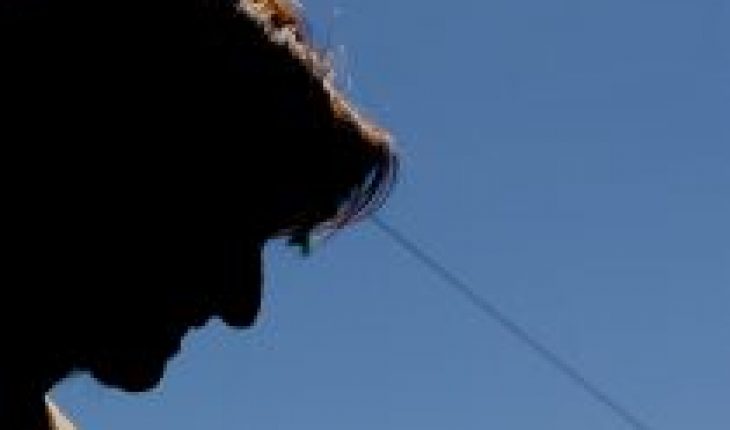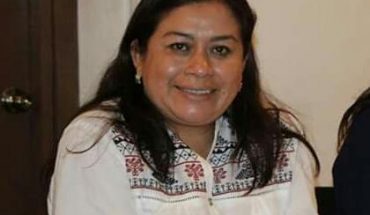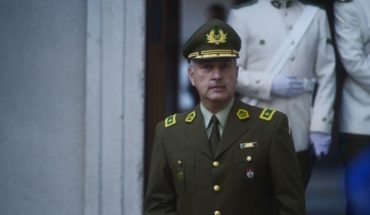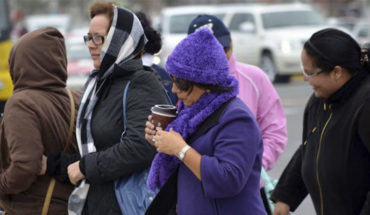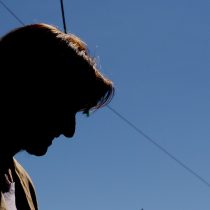
At 42 years old I have become one of the first people in the deaf community to be at the helm of an educational campus in Chile. A no lesser challenge that I accepted social post-stress and in the face of one of the most complex global pandemics, as COVID-19 has been. Navigating these waters has not been easy, but it is also not impossible.
From my position as director of the school of the deaf Dr. Jorge Otte Gabler and a member of the board of directors of the Institute of Deafness, I would like to share some reflections on my life, which can not only inspire others, but show that, despite the difficulties, you can go far. My intention is only one: to make the deaf community visible in our country.
I would like to leave telling them that my first years of study were in schools for the deaf, but there we were not allowed to use sign language, they forbade us that communication and forced us to speak. I didn’t feel bad about it because I was used to the issue of discrimination. I felt like my life was like this. And that the deaf had become accustomed to being discriminated against.
Back then, I didn’t know that as people we also had rights. Luckily for me, in my house and in my family, we were all deaf: my parents, my sister and I, and we communicated through sign language.
I was up to 6th Basic at a school for deaf children. When I graduated from that cycle I did not know where I had to continue my studies, my parents took me to a school of listeners to study 7th and 8th Basics. Over time I felt disengaged, mainly because teachers spoke in their classes; and my companions too, communicating only among themselves, so I was separate from all the dynamics.
Two months later I started to get depressed and talked to my dad to tell him I didn’t want to stay at that school. He was about 14. He told me that it was impossible to study elsewhere because no establishment had middle education and, at that time, the Institute of Deafness was dedicated only to workshops of trades and, therefore, there was no possibility of a better future. My dad explained to me how important it was to continue with my integrated education, even above the difficulties.
I approached the teachers to explain that I was a deaf person. The teachers knew, but they told me I should try harder and harder. I managed to graduate from 8th Basic. Then I entered a very good school, the Salesiano de Alameda, where nothing was easy because I was the only deaf student. Gradually I adapted, but I never had high notes, reading and writing being the hardest, since for me it is a second language. That’s where I realized that a lot of deaf people were deserting education because they couldn’t continue.
They had no support from their families or teachers to continue their studies. When I started studying at the University of Los Lagos in 2004, I slowly began to perceive that there was a positive change in me, in addition to this the professors were wide open-minded, realizing that I was a deaf person who was capable like any other listener, that the only subject was that I could not hear, but that he was moving forward. I was a teacher of Basic Education in 2009. Since then I was assigned as a head teacher until before I took over the direction of the dr. Jorge Otte Gabler school, now in 2020.
The truth is that I never dreamed of being a director of the school, it seemed impossible to me because the reality in Chile is that we are way behind in the respect and appreciation for which it is different and getting spaces of equality is very difficult. I thought I was always going to be a teacher, that in the future, some of the kids I teach could be the first principal of a deaf school. When they made the offer, I told them I should think about it, I talked to trusted people and they all told me that I was the right person and I was the one who met the requirements. I finally agreed.
I did, because you have to generate changes and open spaces. Because we need deaf people who take care of education and are leaders. We’ve always been used to listeners being in charge and deciding for us, but they can make mistakes, they can be wrong to tell the deaf what to do. In the end it’s the deaf who have to say what to do. That’s why I’m here today to make ourselves visible as a community.
(*) Director of the school of the deaf Dr. Jorge Otte Gabler.
The content poured into this opinion column is the sole responsibility of its author, and does not necessarily reflect the editorial line or position of El Mostrador.

